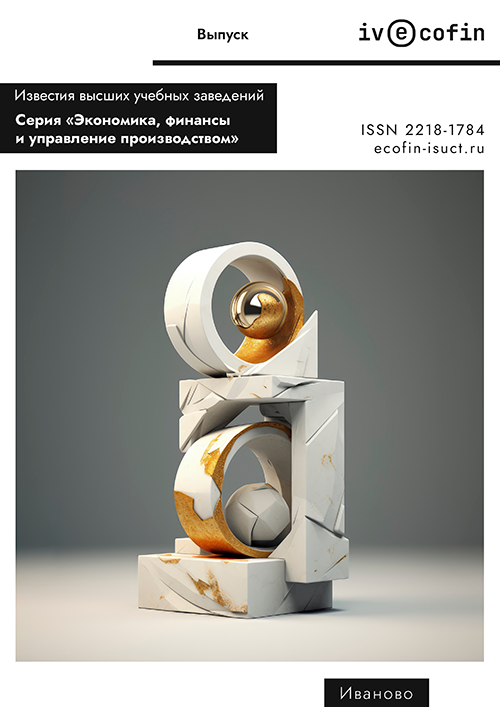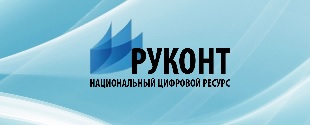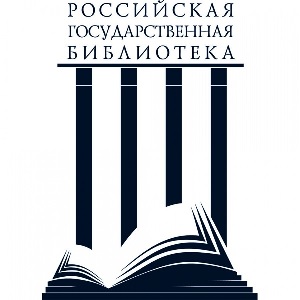КАРТЕЛИ И ИХ РОЛЬ В ОРГАНИЗАЦИИ ПРОИЗВОДСТВА И МЕЖДУНАРОДНОЙ ТОРГОВЛИ
Аннотация
В мировой экономике чрезвычайно важную роль играют крупные международные компании холдингового типа, именуемые часто транснациональными корпорациями (ТНК), финансовыми, финансово-промышленными и прочими группами. Предприятия таких компаний размещены и действуют в большинстве стран мира и оказывают существенное влияние на основные параметры функционирования самых разнообразных рынков товаров и услуг. Располагая экономическим потенциалом, нередко превышающим соответствующий потенциал отдельных государств, данные компании в состоянии воздействовать на развитие рыночных отношений как в положительном, так и в отрицательном направлениях. Особенно остро отрицательное воздействие на рынки оказывают, так называемые международные картельные соглашения, под которыми в общем виде понимаются часто противоречащие действующему законодательству стран взаимные договоренности между компаниями, с целью установления монополии по тем или иным производимым товарам (услугам), с последующим контролем и захватом рынков. В этой связи в статье представлена краткая история деятельности международных картелей и правоприменительной практики по ограничению их деятельности. Охарактеризованы формы и ключевые положения картельных сговоров предприятий различной отраслевой направленности и сфер деятельности. Изложены некоторые компенсационные схемы и формы наказания для пресечения мошеннических действий участников картеля. Одновременно показаны ситуации, когда картельные соглашения оказывает положительное влияние на развитие производства, международной торговли и рыночных отношений. Несмотря на строгие антимонопольные законы, международные картели создаются и действуют на рынках, что должны учитывать отечественные компании, планируя результаты работы на них
Литература
Zenkina E.V., Ivina N.V. Postindustrialization: the role of knowledge in the new economy // International technical and economic journal. - 2017. - No. 1. - P. 7-12.
Malinina E.V. The role of capitalization in the modern world economy // Finance and Credit. - 2011. - No. 13 (445). - S. 63-66.
Tenishev A.P., Khamukhov M.A. The role of economic analysis in proving cartels // Vestnik AKSOR. - 2016. - No. 1 (37). - S. 214-218.
Lifshits A.S., Zherelova A.A. Competitiveness of enterprises in crisis conditions: assessment and growth reserves // News of higher educational institutions. Series: Economics, finance and production management. - 2020. - No. 2 (44) - S. 31-39.
Great Soviet Encyclopedia. The cartel is international [Electronic resource]. - Access mode: http://bse.sci-lib.com/article059534.html (date of access 06.10.2020).
Akhmatov Kh.A., Egorov M.O., Davidenko A.V. Digital counteraction to electronic carteling in public procurement // News of higher educational institutions. Series: Economics, finance and production management. - 2019. - No. 4 (42). - S. 92-97.
Tumin V.M., Zenkina E.V., Kostromin P.A. On making management decisions for the development of enterprises and territories in the context of the digitalization of the economy // Economy and Entrepreneurship. - 2019. - No. 10 (111). - S. 257-260.
Edwards KD International cartels in economics and politics. - M.: State Publishing House of Foreign Literature, 1947. - 181 p.
World economy / Shcherbanin Yu.A., Zenkina E.V., Tolmachev P.I., Gribanich V.M., Drynochkin A.V., Korolev E.V., Kutovoy V.M., Loginov B. B. - Textbook for university students studying in the specialties "Finance and Credit", "Accounting, Analysis and Audit", "World Economy" / Moscow, Limited Liability Company "Publishing House" Unity-Dana ", 2020. (5th edition revised and supplemented) - 503 p.
World economy in 2 hours. Part 1: textbook for universities / BM Smitienko [and others]; edited by B. M. Smitienko, N. V. Lukyanovich. - 4th ed., Rev. and add. - Moscow: Yurayt Publishing House, 2020. - 216 p.
Identification, suppression and prevention of cartels and other agreements restricting competition in the digital economy. Methodical recommendations / under total. ed. A.P. Tenisheva, A.V. Teslenko. - FGAU "Training and Me-hodological Center" of the Federal Antimonopoly Service "(Kazan), 2020. - 88 p.
Pepeliaev Group. Cartel Cases: The Role of Economic Evidence [Electronic resource]. - Access mode: https://www.pgplaw.ru/news/article/cases-of-cartels-the-role-of-economic-evidence (date of access 06.10.2020).
Malinina E.V. Improving the mechanism for protecting national interests in the financial sphere // Bulletin of the Russian State Humanitarian University. Series: Economics. Control. Right. - 2010. - No. 6 (49). - S. 31-40.
Mitrofanov I.O. Legal aspects of delimiting the competence of the institutions of the European Union in the field of antimonopoly policy // Actual problems of Russian law. - 2019. - No. 2 (99). - S. 170-175.
Istomin V.G. Anticompetitive agreements: legal essence and legal consequences // Journal of Russian law. - 2018. - No. 12 (264). - S. 62-71.
Federal Antimonopoly Service. Report on the state of competition in the Russian Federation for 2019 [Electronic resource]. - Access mode: https://fas.gov.ru/attachment/392495/download?1598537607 (date of treatment 10/06/2020).
Order of the Government of the Russian Federation of June 17, 2019 No. 1314-r "On approval of the interdepartmental program of measures to identify and suppress cartels and other agreements restricting competition for 2019-2023" [Electronic resource] - Access mode: http://docs.cntd.ru/document/560474333 (date of treatment 10/06/2020).
Enterprise Economics [Text]: textbook / P.P. Taburchak, A.A. Rudychev, Yu.A. Doroshenko [and others]; edited by P.P. Taburchak and V.M. Tumin. - Rostov n / a: Phoenix. - 2002 .- 320 p. (Third edition) .- S. 37-56.
Management of the competitiveness of the organization / G.D. Antonov, O. P. Ivanova, V.M. Tumin. M.: INFRA-M, 2018 .- 300 p.
Navrotskaia N.A., Kovaleva E.A., Kutlyeva G.M., Bogacheva T.V., Zenkina E.V., Bondarchuk N.V. Technological cooperation trends under conditions of the modern world economy // International Journal of Engineering and Technology (UAE). - 2018. - T. 7. - No. 3.15. - Special Issue 15.- S. 288-292.












